Managed Kubernetes Services
Reduce cloud costs, deploy easier, iterate faster, and scale in no time with our custom-developed K8s (Kubernetes) solutions.
Reduce cloud costs, deploy easier, iterate faster, and scale in no time with our custom-developed K8s (Kubernetes) solutions.
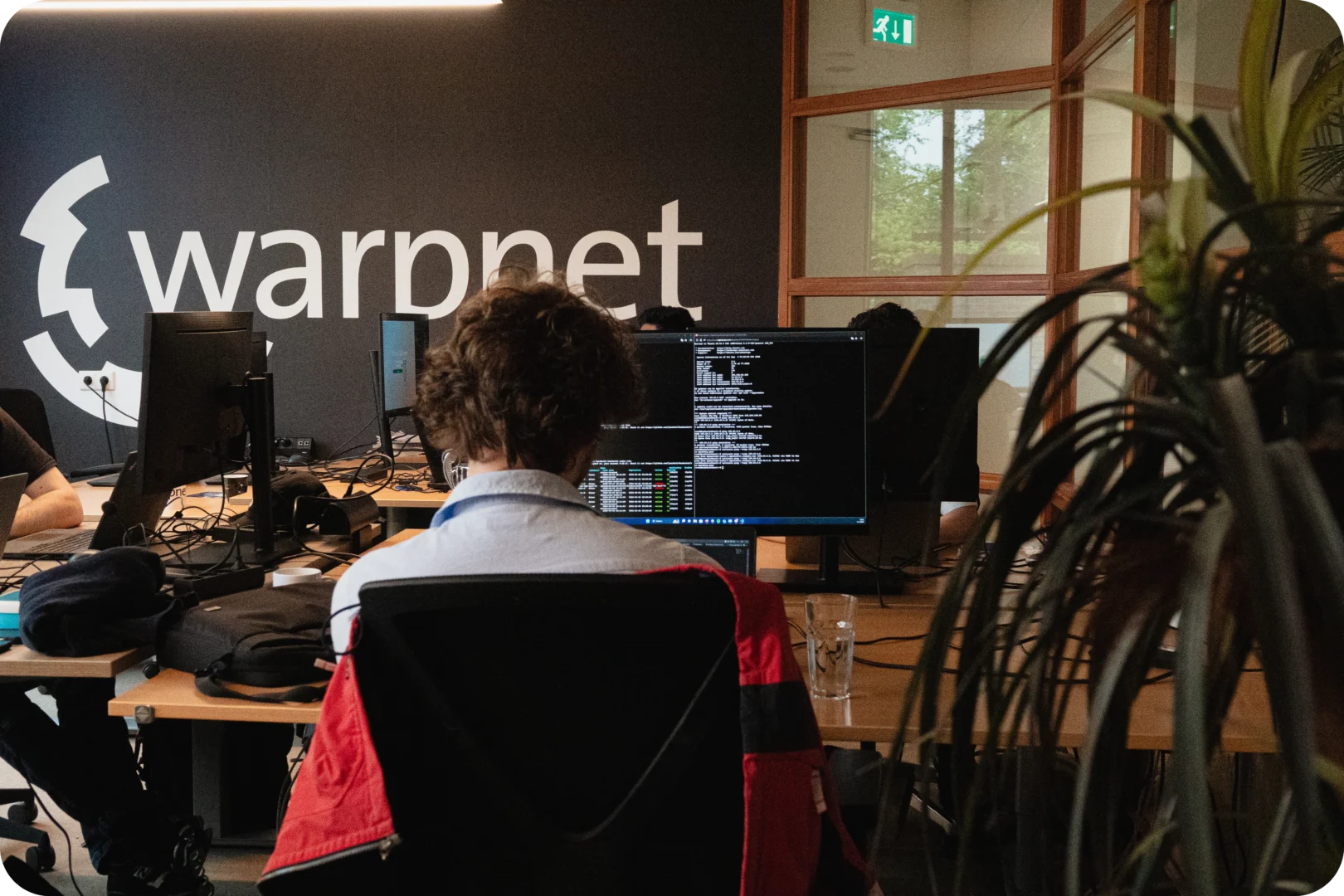
For most organizations, Kubernetes is something of a black box - complex and specialized. This means that in-house management of Kubernetes is often not ideal. With our Managed Kubernetes services we make it easy to get the most out of Kubernetes. Our experts provide implementation, management, and optimization of your Kubernetes system. So you can take assurance that everything behind the scenes is running smoothly, allowing your team to focus on what really matters: developing your applications.
"I want to leverage Kubernetes without hiring a whole team of specialists."
"I want our developers to be able to focus on code, not managing clusters."
"I want our Kubernetes system to come with best practices in security by default."
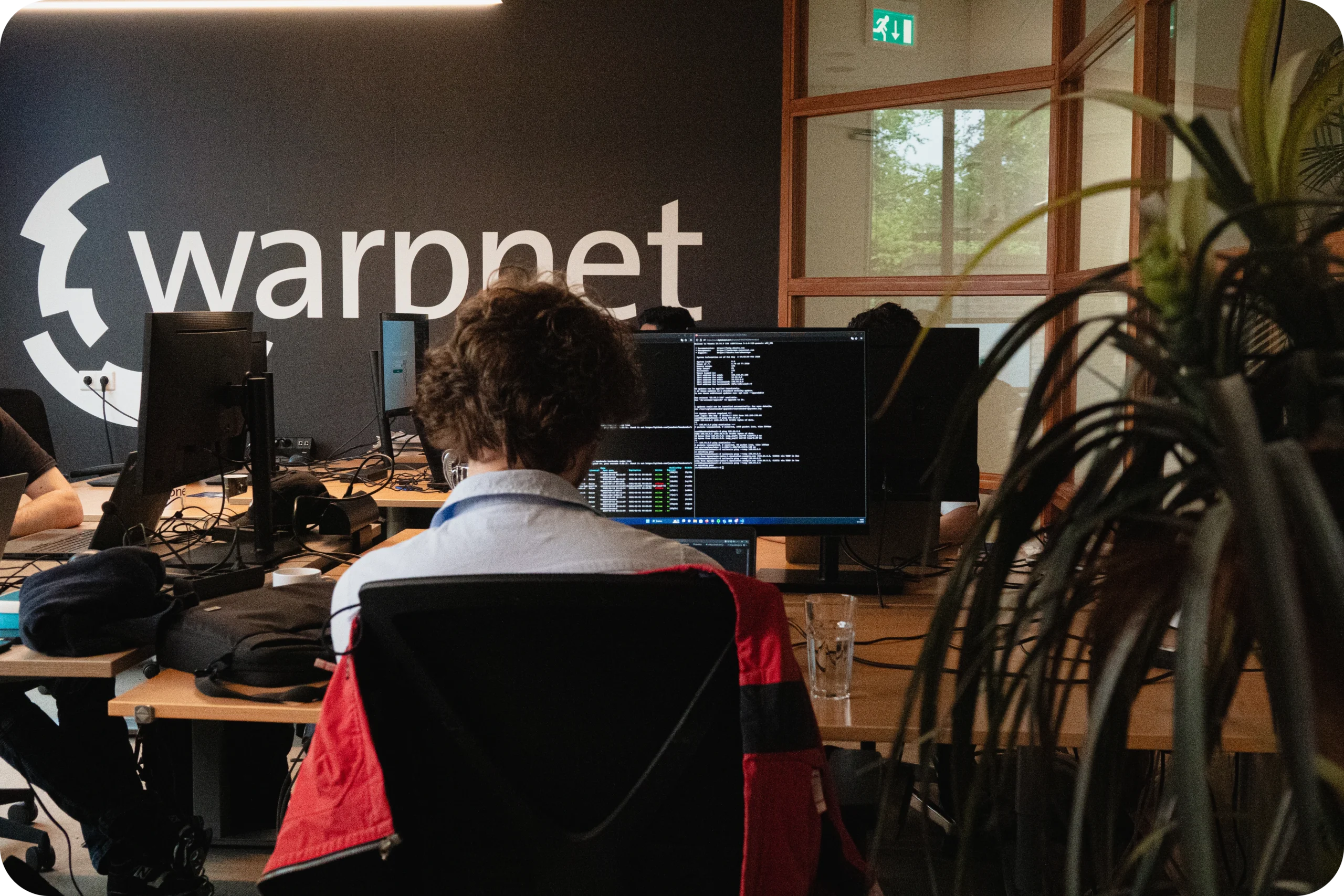
SOME OF OUR CLIENTS





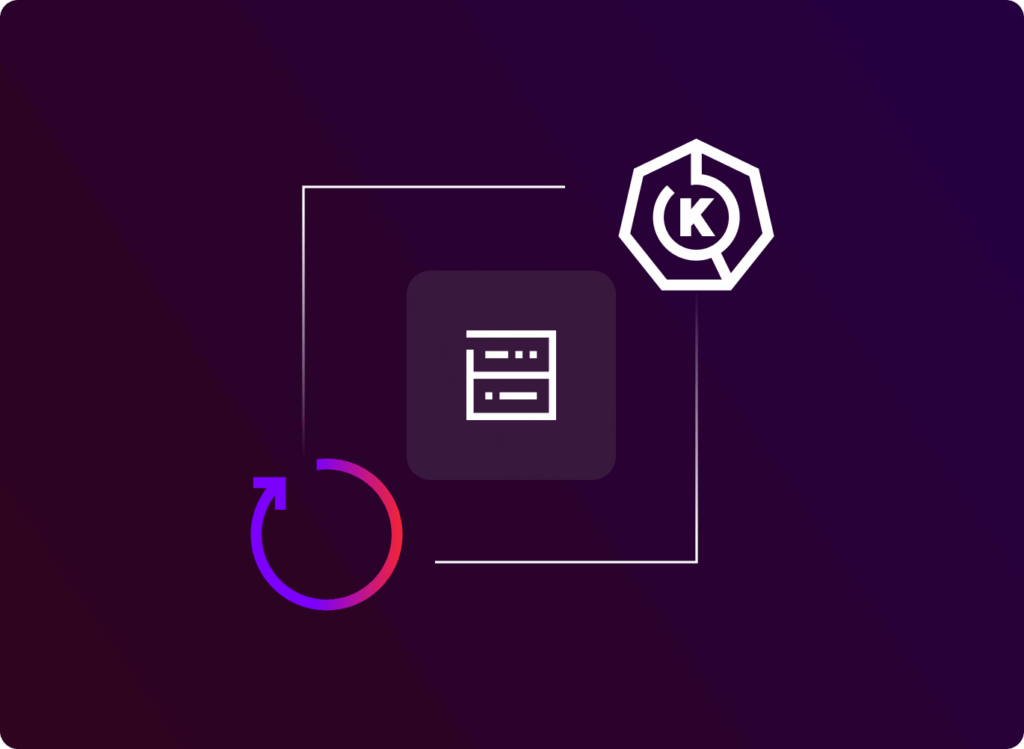
Simple management and maintenance of your clusters thanks to our Managed Kubernetes services. No manual updates and migrations by cluster more!
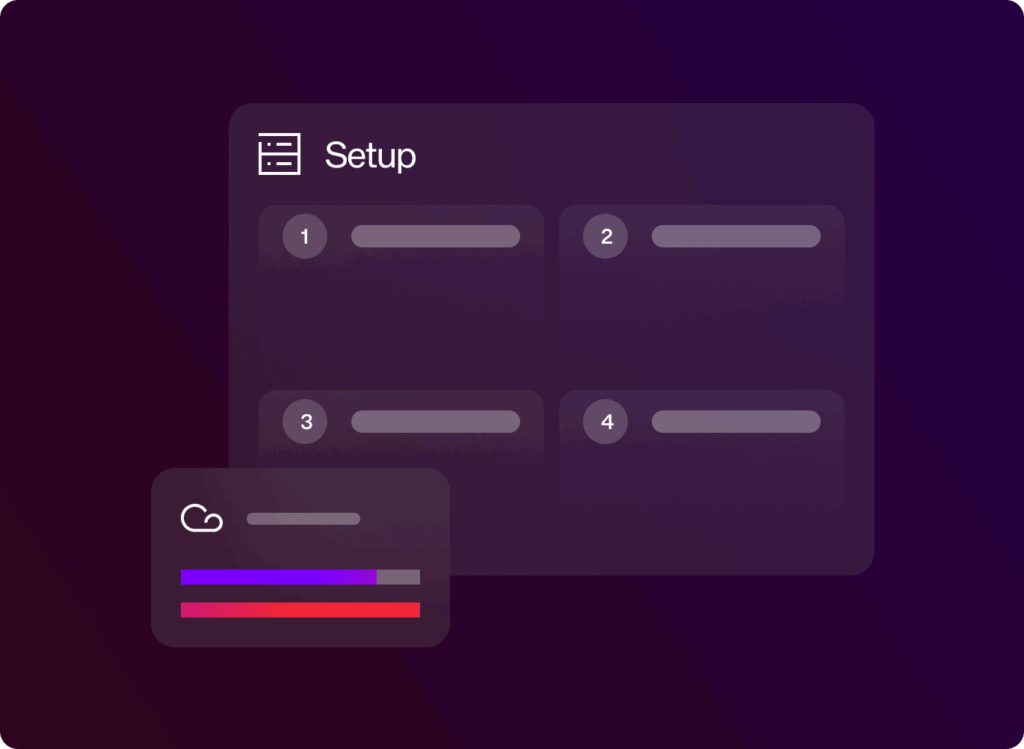
Kubernetes is challenging even for experienced users. Warpnet simplifies the roll out and manage of clusters, meaning that there are less technical knowledge is required.
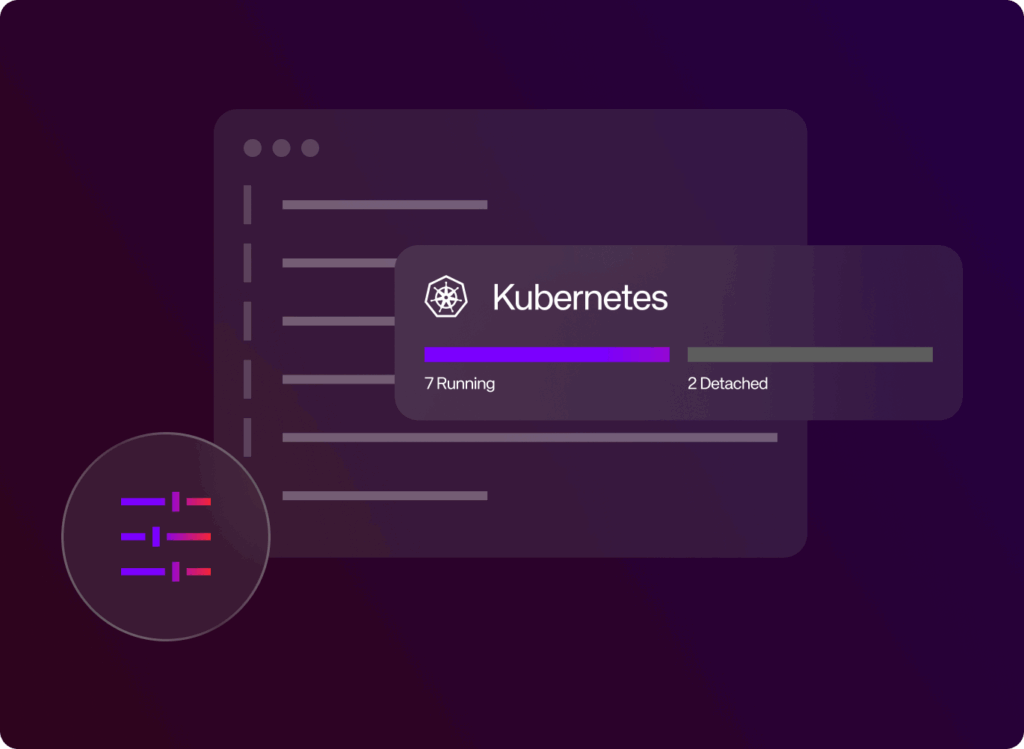
Warpnet provides custom developed control planes at no additional cost, allowing you to focus entirely on your applications without additional work for management.

When you use our Managed Kubernetes, you are working with a system that automatically scales for you. Due to the consumption of your resources dynamic adapt to quiet and busy moments, your costs remain under control. With this, our services ensure that Kubernetes actually for you work.
Building and deploying new applications within your application to production is smoother and faster, providing a shorter time-to-market. This means that Warpnet's Managed Kubernetes services not only for scalability and cost savings concerns, but also an increase in productivity.

"We are very happy working with Warpnet. They communicate well and always do more than they should."
- Jerry Slaeger, CTO

Ready to get started? Receive a customized proposal immediately.

Auke Lamb
Cybersecurity Advisor